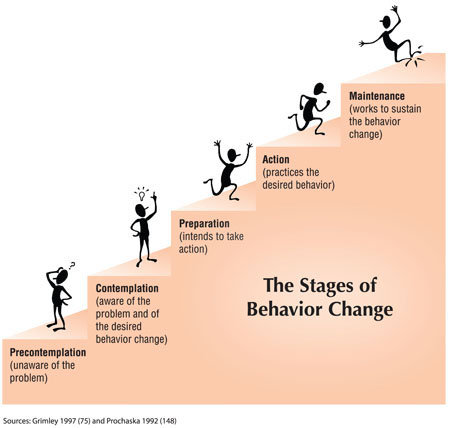Have you ever explained something to a friend or family member and their response is, “I know, I know, I know”? They seem to fully grasp the idea, concept, or reason for something that is happening around them all too well.
Have you ever seen that same friend or family member that “understood” what and why something was happening, never change anything about it? Well, there’s a name for that.
In the field of Psychology it is referred to as the “Insight Fallacy”.
Insight Fallacy: The belief that understanding a problem will solve the problem.
- Providing comfort, security, and safety in understanding what is wrong.
- Assisting in the development of new problem-solving strategies.
- Giving meaningful new understanding which will create harmony between our thoughts, emotions, and actions.
However nice this may sound, insight alone will not change the problem. In order to take effective steps in changing the problem, you must first identify a few things by answering these questions.
- Is there a problem at all? If so, what is it?
- Have a tried changing this problem in the past 6 months?
- Do I plan on doing something about this within the next 30 days?
If you have not identified a problem, you are most likely not going to do anything about it, besides saying “I know, I know, I know”. If you said “YES” to there being a problem, you must start thinking about how you are going to try and change it. Take a look at the “Stages of Change” and get a feel for where you may be.
For each stage there are different tasks to complete, so make sure you are honest in which one you may be in. Being in the wrong stage at the wrong time will lead to frustration, relapse, and a decline in confidence.

